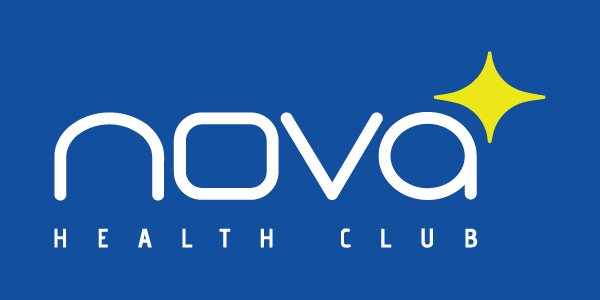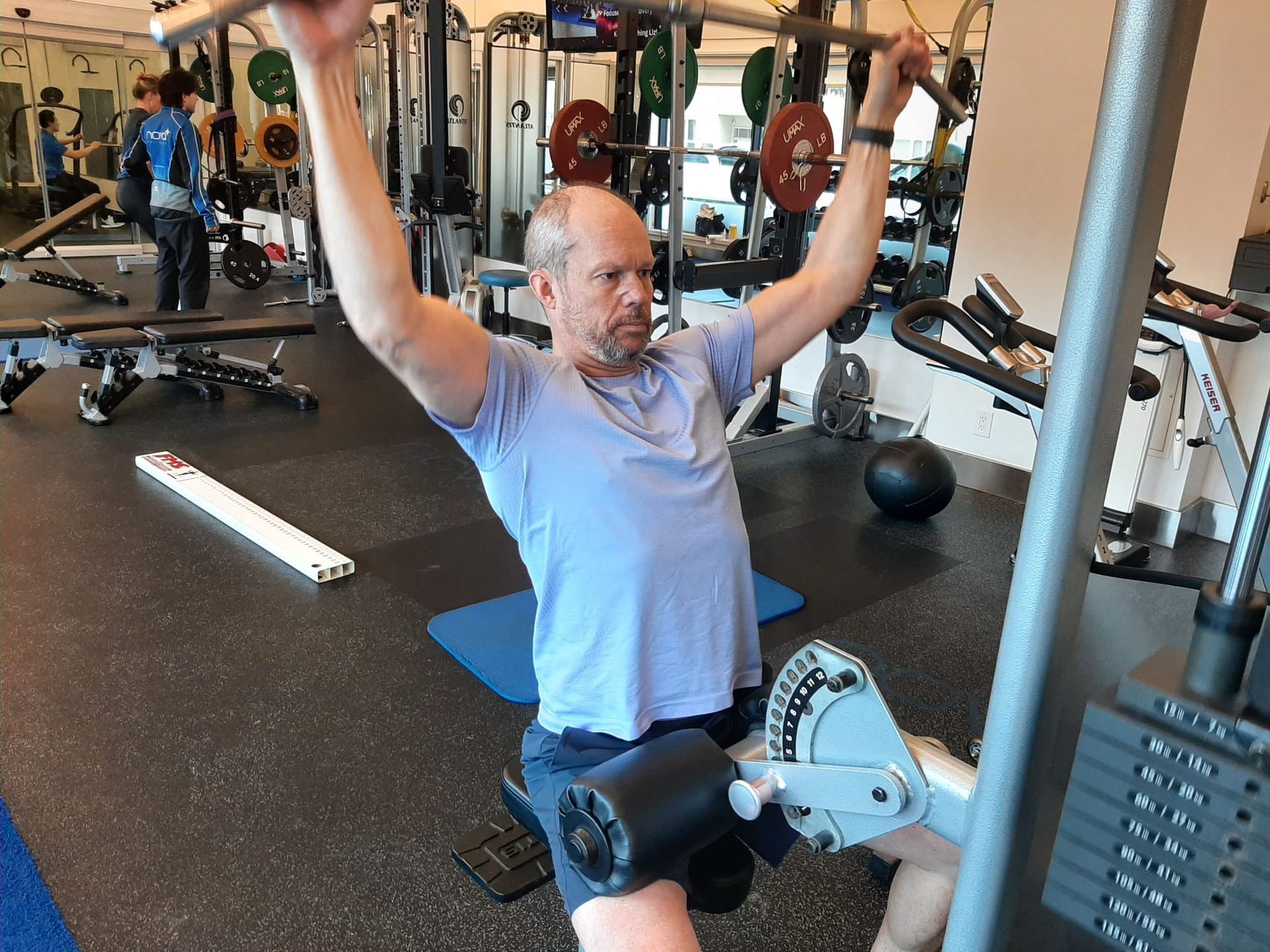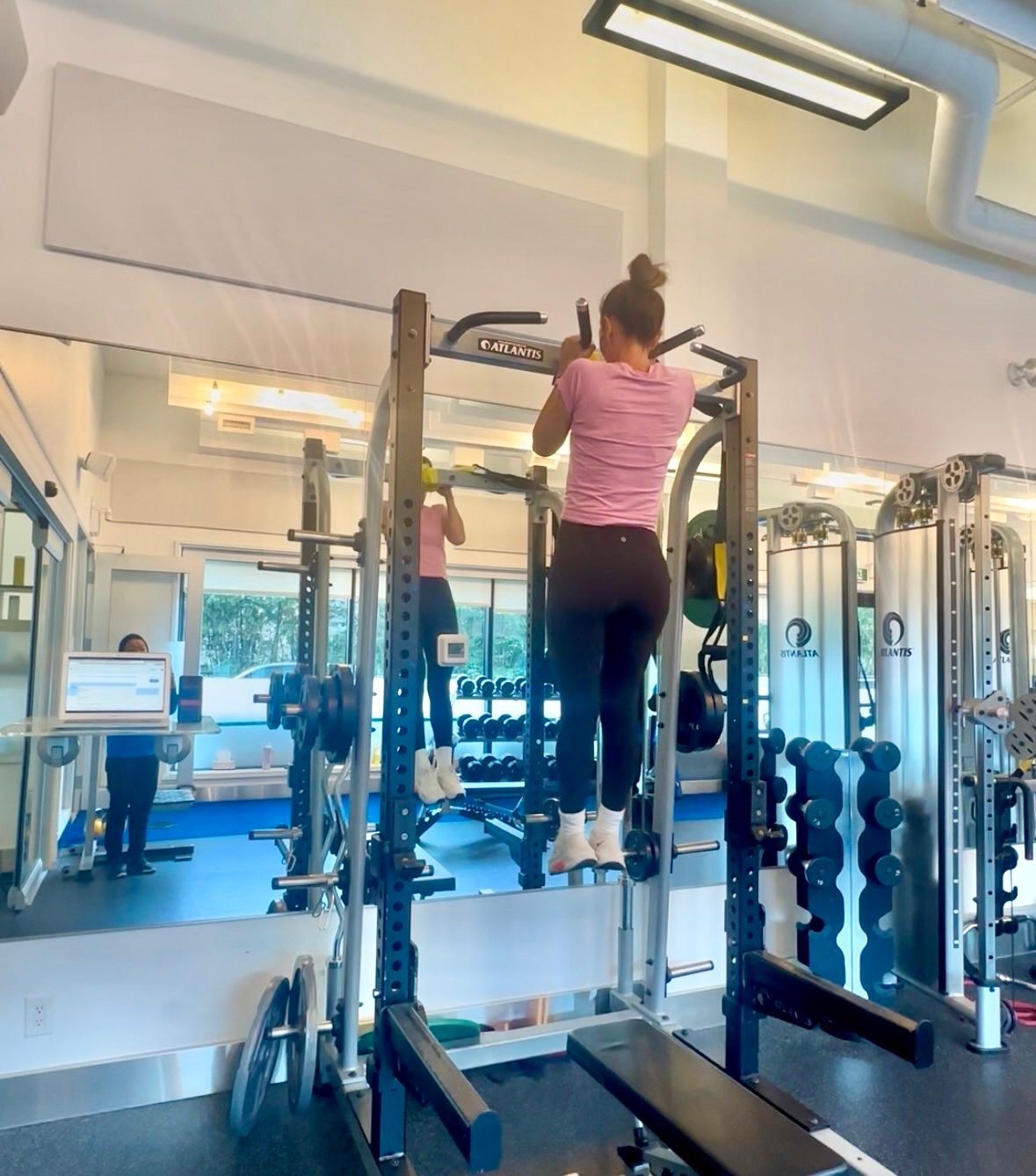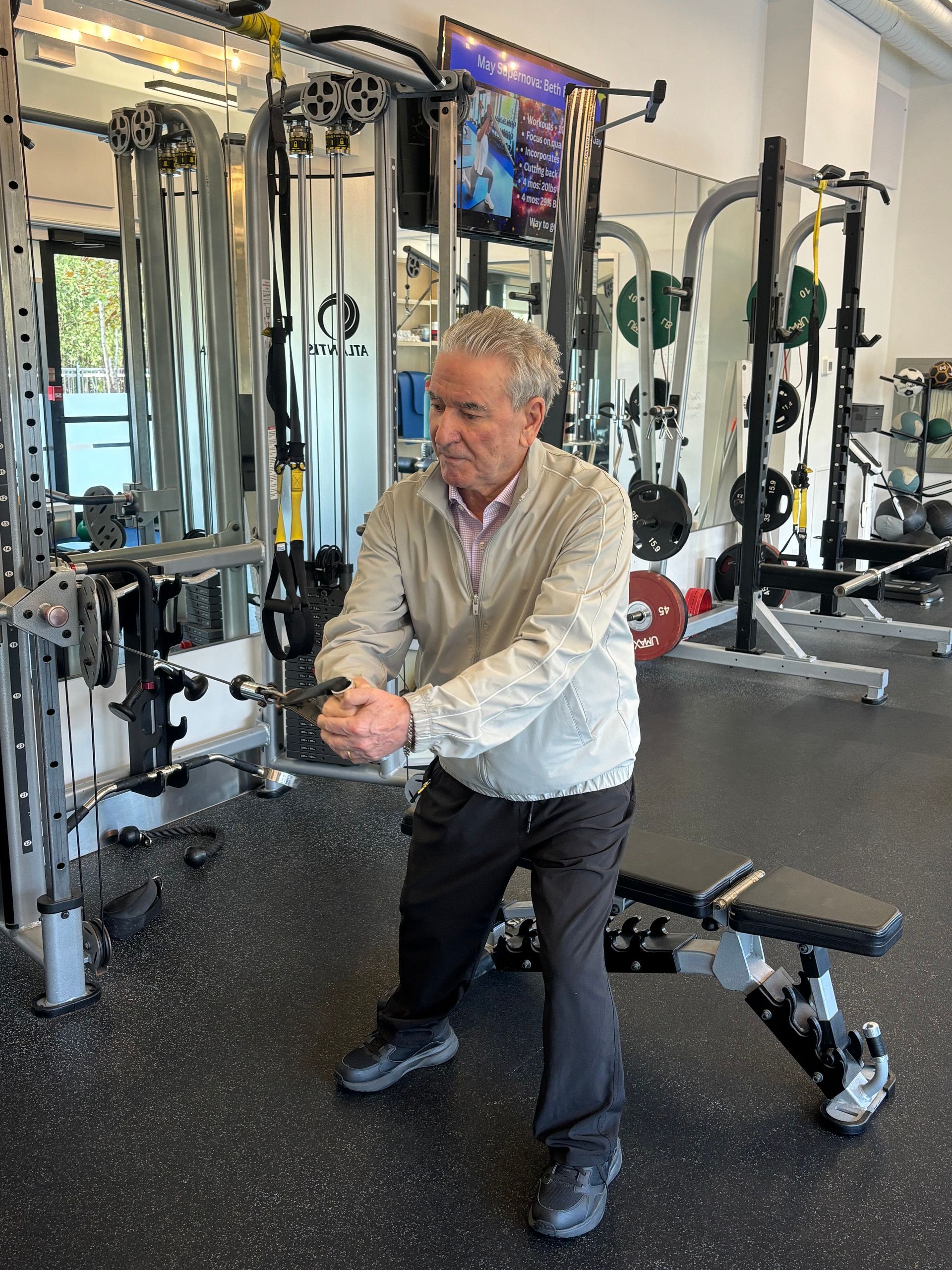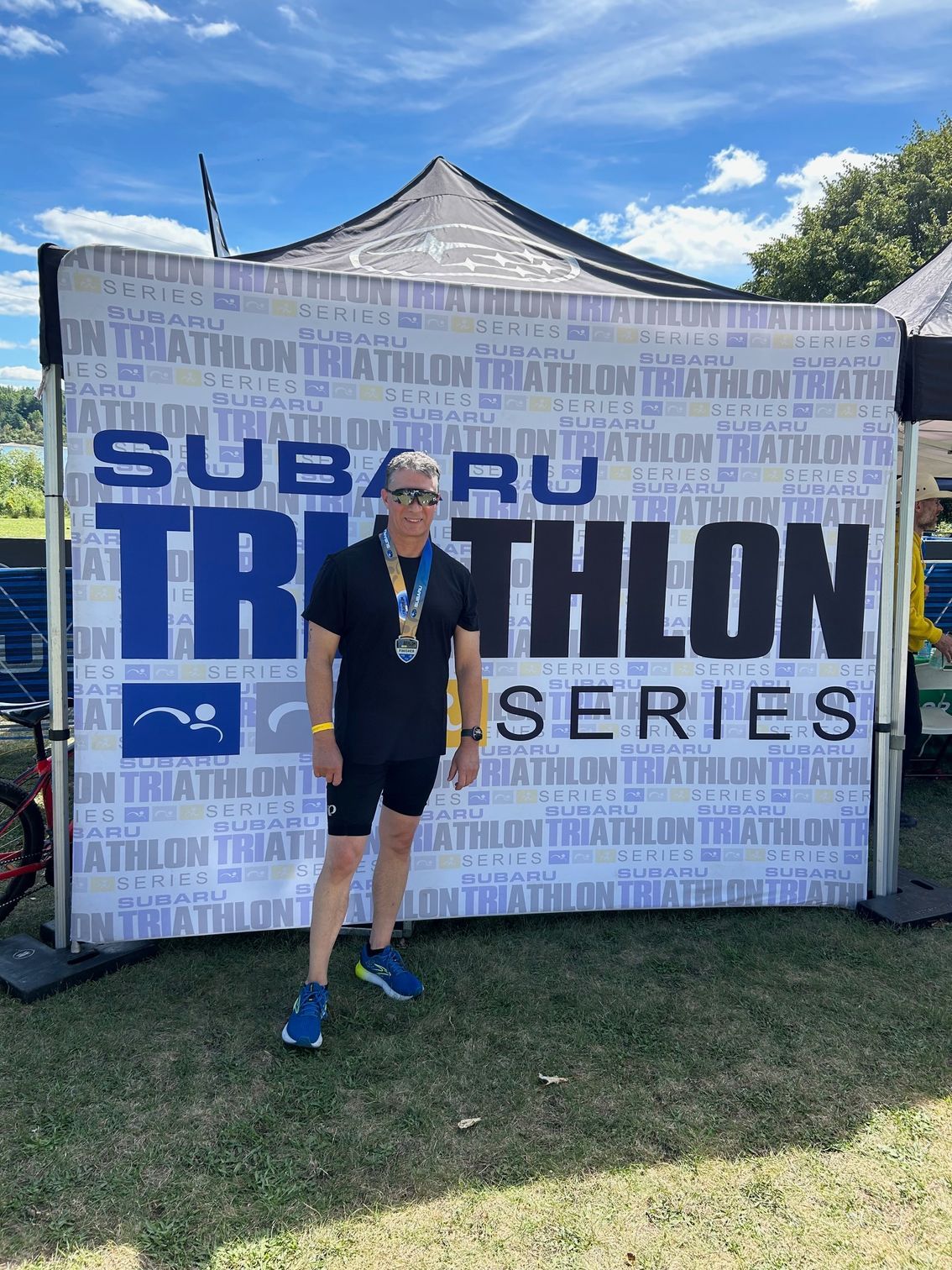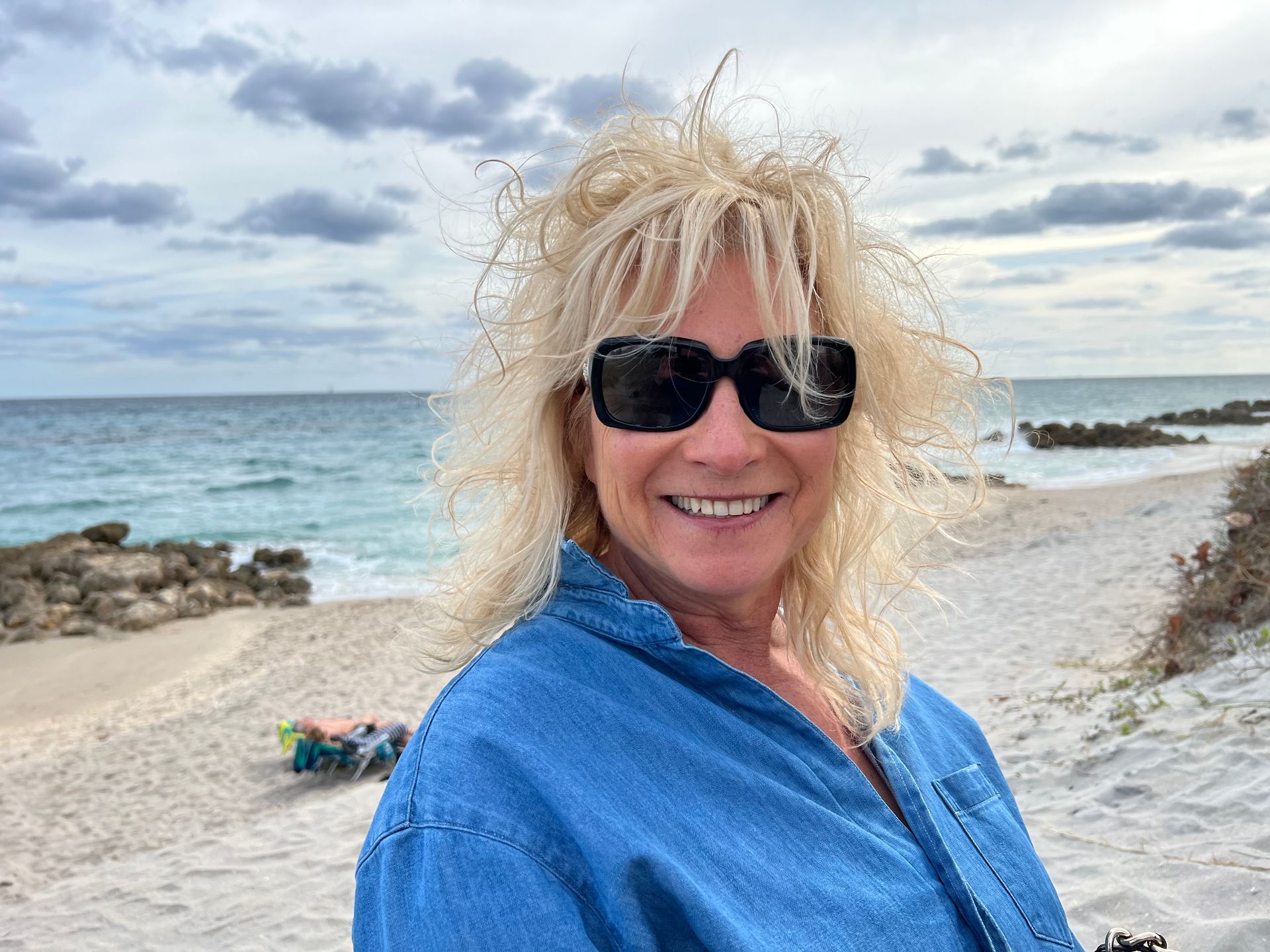What You Need to Know About Reaching Your Fitness Goals – Part 2
Nova Health Club • June 7, 2018
Under Recovery (To Train Like an Athlete You Must Rest Like an Athlete).
In part 1 we learned that starting an exercise program is an excellent and sometimes best first step for anyone wanting to reach their health and fitness goals to take. But almost always we see that the high performing, lean and athletic bodies we strive for are not achieved through an exercise program alone. We are alive for 168 hours a week. If we exercise 3 hours a week then it is the other 165 hours outside of exercise that we must address. It is in these hours that the consistent behaviours we live by, thereby reflecting our lifestyle that determine whether or not we get the results expected from our exercise program.
Recovery - Sleep and Rest
We know that athletes follow the best training programs and work hard during their workouts. When an athlete does not get results it may not be due to the athlete not working hard enough or missing the right exercises, but rather from under recovery and failing to address those ‘lifestyle’ hours spent outside of the workouts. Therefore athletes must be very disciplined when it comes to recovery if they are to maintain their competitive edge and get the results they want...
And the same goes for the average person who is also wanting results from their workout routine. It does not matter that you are not a professional athlete. What matters is recognizing that you are the same biological being requiring the same training stimulus AND recovery in order for you to get results from your workouts. The unfortunate reality we see however is that the average person wants to train like an athlete without recovering like an athlete. We see people working out hard, but putting little effort to digest, recover and rest. Again, exercise is a great first step but if you have poor recovery habits, working out beyond your limits may contribute to the very problem you are trying to fix. This happens when we increase stress hormones, deplete essential energy reserves beyond the bodies ability to replenish them thereby resulting in fatigue, weight gain, injury or disease - we will talk about this more later.
It is important to realize that our society does not promote recovery and rest even though it is just as important as work. In the media you will rarely see recovery information, rather we glamorize new training programs, new fancy exercises and hard work as being the root of all success. We have ingrained in ourselves, our children and our students that to be successful in life we have to work hard, play hard and study hard. Going ‘hard’ and living by expressions like ‘I’ll sleep when I die’, ‘work hard get rewarded’ and ‘suck it up’ are glorified where ever we go. We begin to believe this as the truth and then compensate for our lack of rest with quick fix solutions and vices all the while praising each other that busier (less rest) is better.
For the average person working out and trying to get results through just exercise a typical day goes much like this: Starts with an alarm clock, working all day without a break, eating on the fly (or skipping a meal), getting home late, too tired to make a healthy dinner and ends with choosing to stay up later than we should surfing social media, watching TV or doing more computer work. Some will do their best to throw an intense workout into that mix as well. Summing up the day we see skipped recovery and digestion time, mental and/or physical fatigue, missed 7 to 8 hours of sleep; which perpetuates our under-recovered state. Whether we feel it or not, our bodies and minds are exhausted and continuing this type of lifestyle without respecting rest and recovery can pull us further from our goals and halt progress we trying to make with our new exercise training program.
If your mind and body is fatigued and under stress, a physically demanding training regimen can detract any benefits to be gained from such program. That is why it is so important to have the right program for you as an individual designed by a knowledgeable lifestyle training coach. The right program will consider your average day as seen above and act in a way to address your lack of recovery versus contribute to the existing fatigue and stress. It is unlikely to find this customized program on the internet amidst a sea of ‘high intensity fat burning’ programs marketed to look new but all containing the same thing - ‘work hard, burn calories = lose fat & feel great’ etc. A stress busting workout program that makes your feel great first and gets you healthier considering lack of recovery precedes a ‘work hard high caloric burn’ type workout.
Exercise is a stressor. With the proper rest and recovery, exercise and working out will be a positive stressor that adapts your body to become stronger and perform better. However, working out beyond our abilities without enough recovery, exercise will become a negative stressor on the body that leads to weight gain, injury, fatigue and/or contribute to impending morbidity.
Reaching your goals should be a lifelong journey and by taking consistent small steps to improve your rest and recovery you will get the most out of your training program and investment. Try to implement just one of the below action items to improve your rest and recovery:
-Spend time on joint mobility if your muscles are tight and or sore.
-Always finish your workout with a nutritious meal or smoothie.
-Listen to your body. Don’t skip workouts rather decrease intensity if tired or sore.
-Establish a circadian rhythm that provides 7-8hrs of sleep/night.
-Do not skip meals because you are too busy.
-Make sure your meals have the right amount of calories and macronutrients.
-Take a break from work/routine in nature practicing breathing and or meditation.
-Take a nap in the middle of the day.
-If on the screen a lot, every 20 min look away from the screen 20 feet for 20 seconds.
-Go for regular massage therapy.
In Part 3 of this series we will discuss stressors – those that make us stronger and healthier and those that lead to injury, illness and disease.

It's that time of year again where Halloween candy is everywhere - especially if you have children who are in the trick or treating age. We all know that candy is unhealthy and we are aware of sugar's detrimental effects on our health, from weight gain to cavities... But do you know the risks in eating Halloween candy that go beyond weight gain and cavities? While sugar is certainly a concern, other ingredients in many popular candies can chip away at your health and well-being. The Deceptive Allure of Halloween Treats While eating Halloween candy can be a nostalgic pleasure, the ingredients list tells a different story. I personally love Halloween but about 7 years ago I went clean and gave up Halloween candy for good because I learned it is much more than a sugar problem… Beyond sugar, are ingredients like hydrogenated oils, high-fructose corn syrup, artificial colors, titanium dioxide and common allergens like wheat, corn, dairy, and soy. These ingredients can wreak havoc on our bodies, leading to a host of negative health effects that most consumers overlook. Beware: 5 Ingredients in Halloween Candy With Negative Health Effects 1. Hydrogenated Oils: Hidden Fats Hydrogenated oils transform liquid oils into solid fats and enhance texture and shelf life. These trans fats are notorious for raising bad cholesterol levels, increasing the risk of heart disease and causing inflammation in the body. Look out for the word ‘Hydrogenated’ in candies like Skittles or Starburst 2. High-Fructose Corn Syrup (HFCS): A Sweet Sabotage HFCS is another frequent offender. It’s a cheap, sweet alternative to sugar that can lead to rapid spikes in blood sugar levels and cravings. Overconsumption of HFCS has been linked to obesity, insulin resistance and fatty liver disease. Many people consume HFCS without even realizing it. Candies like Oh Henry and other chocolate bars have HFCS. 3. Artificial Colors: A Rainbow of Risks The colors that make Halloween candy so visually appealing are often the result of artificial colorings like Red 40, Yellow 5 (Tartrazine), Yellow 6 (Sunset Yellow) and Blue 1. Studies have shown links between these artificial colors and hyperactivity in children, as well as allergic reactions as well. Here are some of your Halloween favorites with these colors: Skittles , Maynards , Sour Patch Kids , Jolly Rancher , Twizzlers , Starburst and M&M’s 4. Titanium Dioxide: The White Truth Titanium dioxide is used in many candies to enhance their whiteness and opacity. It is a detergent that damages your gut and decreases your gut microbiome. Any candy that has a white center, like Skittles is known to use this ingredient. 5. Allergens: Hidden Dangers for Sensitive Individuals Finally, we can’t forget the processed allergens like wheat, corn, dairy and soy in many candies like Mars or Snickers . Those who are highly allergic know to stay away from foods with these ingredients but what about the low grade allergic response that most people ignore? Hives, scratchy through, congestions, asthma, sneezing, itchy eyes and mild GI discomfort are all effects of these allergens. The Scary Reality Halloween is a fun time but we’ve really thrown in the towel when it comes to our health based on the things we are accepting as ok. We've created a society where we buy the cheapest, lowest quality candies to give to our children (and ourselves). Most, if not all of the mainstream candy companies produce products that are high in chemicals to preserve shelf life, to entice our eyeballs and to stimulate our brain to want more the moment it hits our palette. We've also bought into the idea that it's ok because it is just once a year... but the reality is that this food is everywhere all the time. If it was just one day on Oct 31 then sure - that could be ok, but most children are coming home with more than 10lbs of candy that they consume over the next 30 days. It’s no wonder why so many of us suffer with health issues including our children. Modern children are being diagnosed with more health problems than previous generations. Things like childhood depression/anxiety, food allergies, ADHD, autism, eczema and obesity are just some of the things we are seeing more of. Stay Vigilant and Read Labels Can we blame our poor health all on Halloween candy? Certainly not - it's more than just candy in October however the amount of candy with the above ingredients being consumed during Halloween and through the year is definitely a contributor. So when it comes to candy, watch out for the sugar but it’s time to wake up to the other ingredients that are damaging us. The best thing to do is read the labels and be aware of what you choose to consume. And hopefully in time we choose to buy 'treats' that are not filled with chemicals. Next year, choose to buy healthier options versus the mainstream candy we grew up with. Healthier Alternatives Here are some options to consider instead of the mainstream low quality garbage that we've been accustomed too: Chocolate Bars Unreal Coconut Bars : This company is on point with way healthier ingredients than the mainstream. They carry an assortment of candies beyond just the coconut bar (which is one of my faves). Granola Bars Made Good : You've probably seen this brand around in stores - specializing in gluten free healthier granola bars. Cookies Simple Mills : Making cookies and baked goods gluten free and with sweeteners that have a lower glycemic index than regular sugar (less of a blood sugar spike) Candies Smart Sweets : Candies without artificial colors and high sugar Lollipops & Jelly Beans YumEarth : W ithout artificial colors Water Enhancer (Vitamin C) Emergen-C : Something different from usual candy - Vitamin C drink crystals that are a much healthier option to candy and kids love em. There are more brands out there but you have to be on your toes when buying. Pay attention to brands, scrutinize the ingredient list and pay the extra money. Every dollar you spend is a vote - the more we vote for the better products for our health, the lower the cost will end up being in the future.
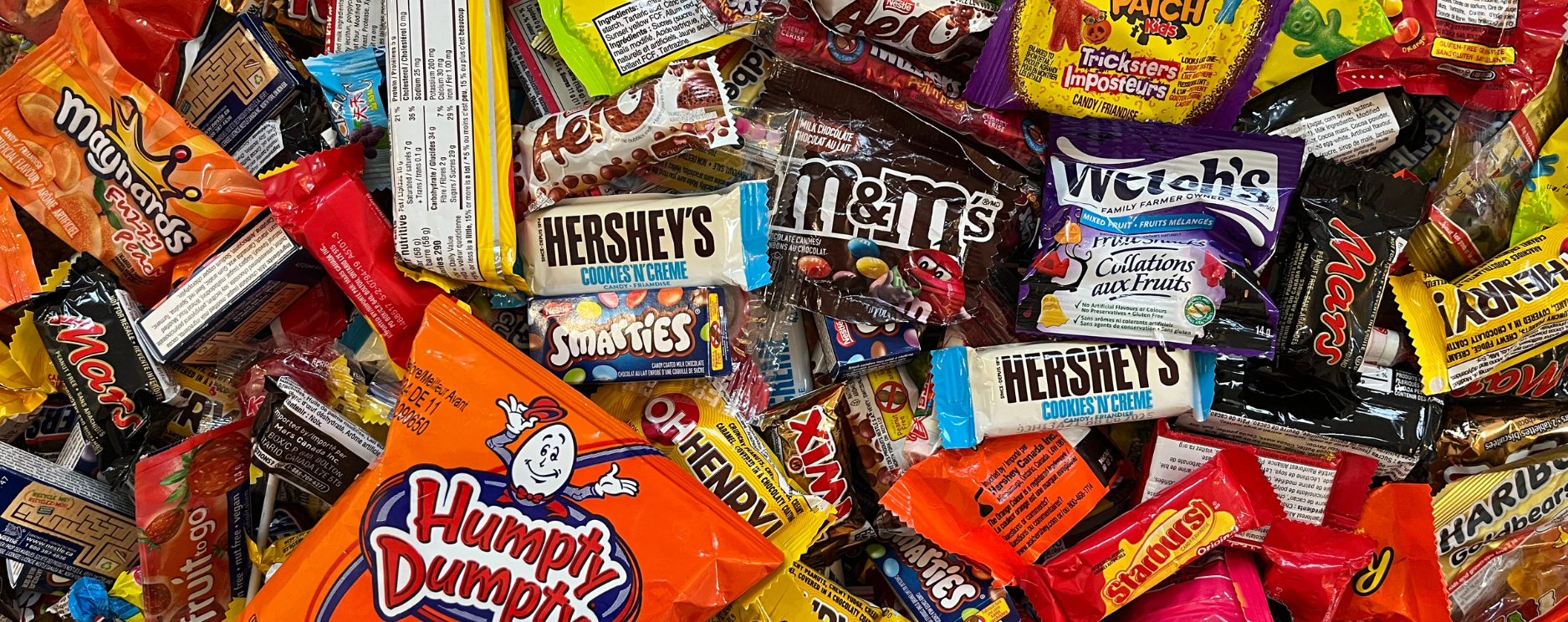
Having trouble controlling the intake of Halloween candy? Unless you are a disciplined ninja or equipped with helpful restraint tactics, you end up eating too much of this low quality, highly processed junk food. If you are someone with a sweet tooth then you are in luck! Here are 5 tactics that will help you avoid eating too much (if any) candy this Halloween. 1)Don’t Skip Meals or Snacks Skipping meals and snacks creates stress on your body and a stressed body is more likely to have sugar cravings. Self control becomes extremely difficult when you're underfed. If candy appears it is much harder to resist because your body is lacking energy, vitamins and minerals. If you eat a solid meal along with healthy snacks throughout the day (ie: protein shake, apple and almonds) I guarantee that it will be hard to eat candy. 2)Eat Enough Protein On the heels of not skipping meals, make sure each meal has enough protein. Meals that are low in protein mean that they are higher in carbs. As a result you will deal with blood sugar dips and greater hunger, weakening your resistance to candy. How much protein? This differs between people but generally you aim to have at least 0.8 grams of protein per pound of ideal body weight. The more active you are, the more protein you will require. 3)Stay Hydrated Being dehydrated will make you feel hungry even when you are not actually hungry. As a result you are more likely to have the urge to grab a sweet from the candy bowl. The simple solution is to just drink enough water throughout the day. How much water? Click here to download your All About Water PDF. 4)Say It Out Loud Often we eat candy without thinking. It is not uncommon to have 5 or 6 candies before you become mindful of what you are doing. By then it’s too late. This may sound strange but as you are picking up the candy - say out loud “I am going to eat this candy” (even if no one is around). This helps you become more aware of your actions, encourages mindfulness, and engages your logical mind. 5)Educate Yourself The scary truth is that mainstream Halloween candy is some of the worst food you can put into your body. Most of these candies contain highly inflammatory ingredients, allergens, and toxins known to disrupt everything from the gut microbiome to DNA, potentially contributing to ADHD symptoms and triggering allergies… And that’s without commenting on the effects of sugar that most of us already are aware of. Eating certain candies can be just as bad as smoking a cigarette! Give these tactics a try - they should help you to say no to Halloween junk food this year. If you are still having trouble, you can attempt a ‘clean sweep’ by throwing it all into the garbage… If you still have a sweet craving, have some dark chocolate or walk to the best bakery in town and buy yourself a $10 chocolate croissant :) Happy (Healthy) Halloween!
